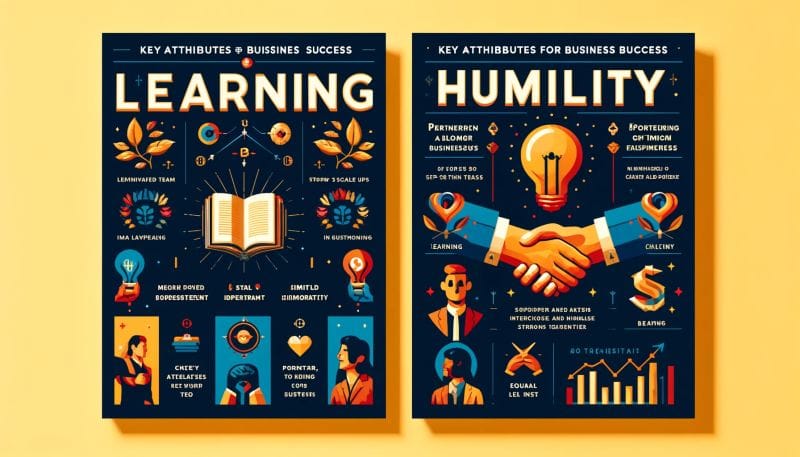When assessing a company’s tech capabilities, people often expect us to zoom in on architecture, scalability, or code quality.
These matter, but after assessing hundreds of firms, we consistently see two traits in the businesses that outperform expectations post-deal.
It’s not technical brilliance.
It’s not even top-line growth.
It’s learning and humility.
Why Learning Matters in Tech Due Diligence
High-growth firms are often learning organisations—especially at the early stage. But what stands out is when this mindset continues into later-stage growth.
In a recent project, one company’s entire team—from CEO to junior ops—was insatiably curious. They asked thoughtful questions, constantly sought better ways of working, and actively reflected on feedback. The tech team didn’t just “wait for Jira tickets”—they proactively explored automation, platform upgrades, and security improvements.
For investors, that mindset is gold. It tells us this team won’t stagnate, will self-correct, and will likely spot opportunities ahead of the market.
Why Humility Signals Scalable Culture
Humility shows up in ways that aren’t always visible in pitch decks. These teams:
- Partner with vendors instead of treating them as disposable.
- Engage users with genuine curiosity.
- Don’t assume their tech is the only answer.
In our due diligence, humble teams are easier to collaborate with. They’re receptive to challenge. They won’t reinvent the wheel when a third-party solution does the job. And they usually have stronger stakeholder alignment because ego doesn’t block progress.
Contrast that with companies where internal interviews reveal friction, secrecy, or brittle defensiveness. These firms often end up with ‘Frankenstein’ platforms—cobbled together by teams who didn’t talk, couldn’t let go, or refused to learn from outside perspectives.
Which Matters More?
Honestly—we still don’t know. Learning and humility are deeply intertwined. But if a firm has neither? It’s a red flag.
As tech due diligence advisors, we’ve come to see these traits not as soft signals, but as scalable ones. If you’re buying a company, or investing in one, ask yourself: is this a culture that will still be healthy at 3x its current size?
Because you can fix systems. You can refactor code. But if the people can’t learn or collaborate? That’s a harder problem to solve.
Final Thought for Investors
You often say, “We invest in people.” If that’s true—and we believe it is—then the operational mindset of the team matters as much as the tech stack or TAM.
When you back a company, you’re not just buying what they’ve built. You’re buying their ability to adapt, collaborate, and grow into what comes next.
That’s why traits like learning and humility aren’t soft signals. They’re structural ones. They shape how teams respond under pressure, how they integrate after acquisition, and how they unlock value beyond the pitch deck.
In Tech Due Diligence, we look beyond the slideware and into the real operating culture. Because ultimately, it’s not just about whether they can build it—it’s about whether they’ll build it well, together, and again.




